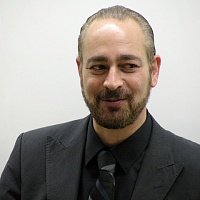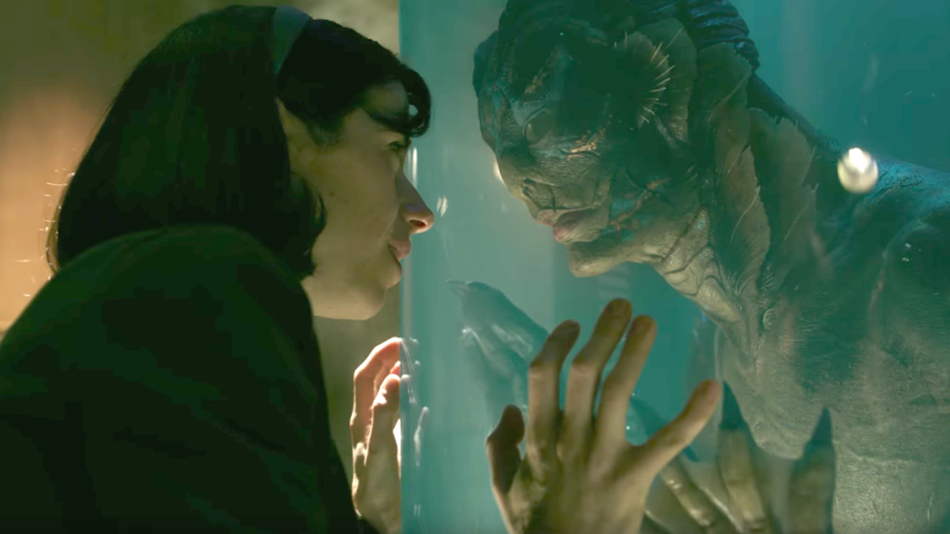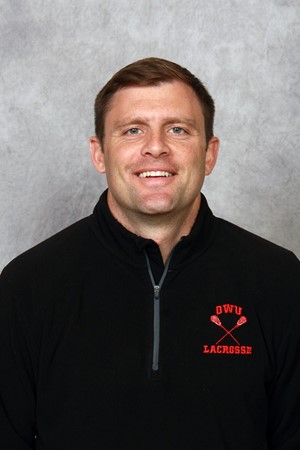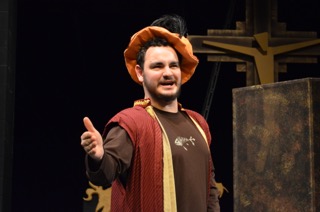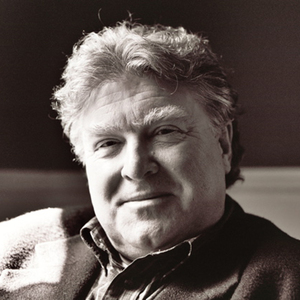By Kienan O’Doherty, Editor-In-Chief
A world without design. A world on auto-pilot.
That was the bottom line of Randall Schweller’s presentation on Friday, March 9, as part of the
Great Decisions 2018 community discussion series on U.S. foreign policy.
Schweller , a professor of political science and a social and behavioral science at Ohio State
University, is the author of many books. He also has published many articles in leading journals,
including World Politics, International Studies Quarterly, and International Security.
Schweller was scheduled to talk about “The Waning of Pax Americana,” but first he clarified
what that term means.
“Another way of thinking about it is the liberal international order,” Schweller said. “The term
does get thrown around a lot, and it really means more international stability [than peace],
because there hasn’t been too much peace in the world.”
Schweller said a world record has been set for the longest period without a great-power war, and
that “Pax-Americana is peaceful if you’re just looking at the great powers.”
According to Schweller, a world populated by dozens of power centers will prove extremely
difficult to navigate and control.
“Herding a few cats is no simple task; herding dozens of them is an impossible one,” he said.
One of the challenges the world faces is the evolution of transmitting information. Schweller said
he believes people are facing entropy as well.
“Entropy is not only on the rise in the international system,” Schweller said. “Individuals, too,
are experiencing greater personal entropy, as they discover they are incapable of handling the
speed at which digital information is transmitted. Information rains down faster and thicker by
the day.”
Attendees had many questions, and some had their concerns.
“I like how clear he was with us in the beginning, saying he was a Republican,” attendee Jo
Eastham said. “I did think he was a little disorganized, and that his three main points should’ve
been handed out to us.”
Others agreed with Schweller.
“There’s an outburst of small groups in the world that are doing significant activities on a local
level,” attendee Ed Hoar said. “And altogether, they constitute a major force in changing the
world. So, he could be right in that sense.”
Great Decisions 2018 is Delaware’s free community discussion series about current U.S. foreign
policy. It runs every Friday at noon through March 23 at the William Street United Methodist
Church, 28 W. William St.
Kienan O’Doherty is a journalism major at Ohio Wesleyan University.
